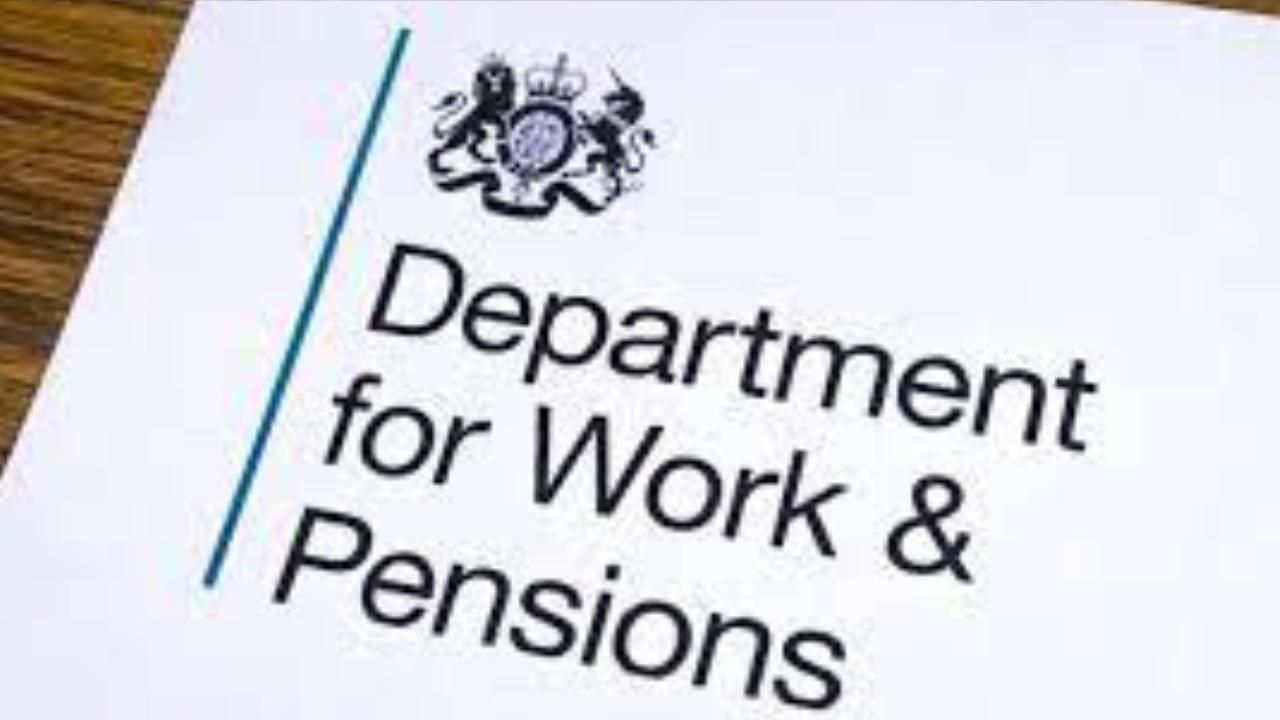After 14 years of Tory control, Labour is ready to address the surge in economic inactivity and has promised to "kickstart economic growth". However, how does this impact the benefits system?
Labour has outlined a broad plan in their party manifesto to increase employment rates, but it is vague on how they would address issues like the planned changes to the Personal Independence Payment, the acceleration of the switch from legacy benefit claimants to Universal Credit, and the resolving of demands for the repayment of Carer's Allowance for those who earn more than the threshold.
Nonetheless, it's clear that one of Labour's key aims is to boost employment rates amongst disabled individuals. This will partly be achieved by reducing the vast number of Universal Credit claimants who are discounted from job-seeking.
The party also intends to revise or eliminate the current assessment determining unfitness for work. The manifesto highlighted that "too many people are out of work or not earning enough", attributing NHS wait times for treatments as a contributing factor.
Here's a glimpse of what the party has divulged so far about its plans, reports Birmingham Live.
Universal Credit and PIP
Experts are sounding the alarm over the rocketing costs of Personal Independence Payment (PIP), urging action from any future government. Tom Waters, an expert at the Institute for Fiscal Studies, highlighted the issue, saying: "The number of people receiving financial support from the government for a health-related benefit has increased sharply since the pandemic and is forecast to continue growing. This is one of the big drivers of the large increase in public spending since 2019 and into the next parliament. So it is understandable that whoever is in office after the election should want to take a careful look at this."
While the Labour party's manifesto remains silent on the Department for Work and Pensions' (DWP) Conservative-led plans to curb the ballooning PIP expenses with a major overhaul, including potentially swapping cash payments for vouchers for specific equipment and treatment, Labour insiders have hinted they'll review the public's response to these proposals after the consultation wraps up on July 22, which falls three weeks post-election.
Labour has unveiled plans to slash economic inactivity and boost employment among disabled individuals, targeting the swathes of people sidelined by the Universal Credit system. The party is calling for a revamp of the work capability assessment, which determines whether Universal Credit recipients are fit for employment or eligible for an additional incapacity benefit of £416 a month.
A significant portion, about one-third, of Universal Credit beneficiaries fall into this 'limited capability for work and work-related activity' category, with most also receiving Personal Independence Payment.
Labour has pledged that those with disabilities and health conditions will not face benefit cuts or suspensions when they attempt to work.
Their manifesto outlines: "Too many people are out of work or not earning enough. Long waits for treatment of health conditions, particularly mental health, are contributing to the rise in economic inactivity. Labour will reform employment support so it drives growth and opportunity. Our system will be underpinned by rights and responsibilities - people who can work, should work and there will be consequences for those who do not fulfil their obligations."
"Labour will work with local areas to create plans to support more disabled people and those with health conditions into work. We will devolve funding so local areas can shape a joined-up work, health, and skills offer for local people. We will tackle the backlog of Access to Work claims and give disabled people the confidence to start working without the fear of an immediate benefit reassessment if it does not work out. We believe the Work Capability Assessment is not working and needs to be reformed or replaced, alongside a proper plan to support disabled people to work."
State Pension
Labour has committed to maintaining the triple lock system that determines the yearly increase in the State Pension. This means that pensions rise each April by whichever is highest: inflation as measured by the Consumer Price Index from the previous September, earnings growth from May to July, or a minimum of 2.5%.
Despite concerns over the long-term sustainability of the triple lock, Labour has pledged to keep it for now. They have stated: "We will keep the pension triple lock and give pensioners security in retirement. Labour will protect the triple lock on pensions and increase the State Pension each year in line with inflation, average earnings, or by 2.5 per cent, whichever is higher."
Cost of living
The Department for Work and Pensions, under the Tory Government, had stated that it had no plans to introduce any more cost of living payments. However, they had extended the Household Support Fund until September 30, injecting an additional £421 million to enable local authorities to provide their own payments and other forms of assistance with food and energy bills.
For example, Birmingham is offering £200 hardship grants to low-income families and individuals who are eligible for specific benefits.
On the other hand, Labour has not proposed any further cost of living payments, nor has it clarified what will happen with the Household Support Fund beyond September. However, they have outlined strategies to address the cost of living crisis.
Labour attributes "the eye-watering cost of living" directly to Rishi Sunak and 14 years of Conservative rule, claiming that under the Tories, people's living costs would increase by £5,883 a year, including £479 more on energy, £1,040 on groceries, £421 on council tax, £2,880 on mortgages, £189 on motoring and £874 on personal tax.
Labour pledges "to deliver economic stability with tough spending rules, so we can grow our economy and keep taxes, inflation, and mortgages as low as possible."
They plan to tackle "out of control bills" by launching Great British Energy, a publicly-owned clean power company funded by a windfall tax on oil and gas giants, to permanently reduce annual energy bills, and also insulate millions of homes.
Labour is on a mission to "make work pay" by taking decisive action against precarious employment practices, including "banning exploitative zero hours contracts, ending fire and rehire, and delivering a genuine living wage that for the first time takes account of the cost of living."
The party emphasises: "The New Deal is a core part of our mission to grow Britain's economy and raise living standards in every part of the country. Labour will make Britain work for working people."








.svg)

